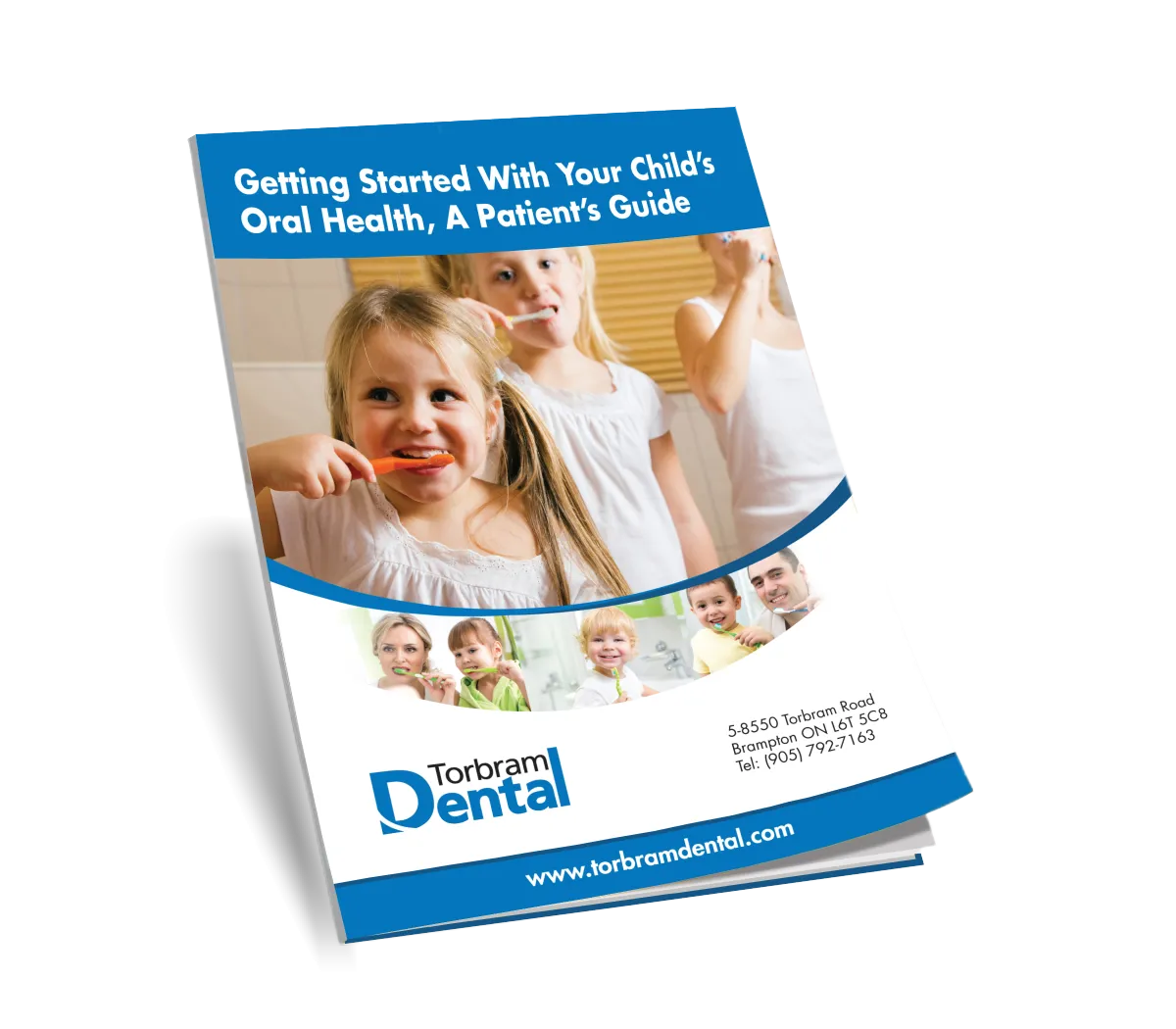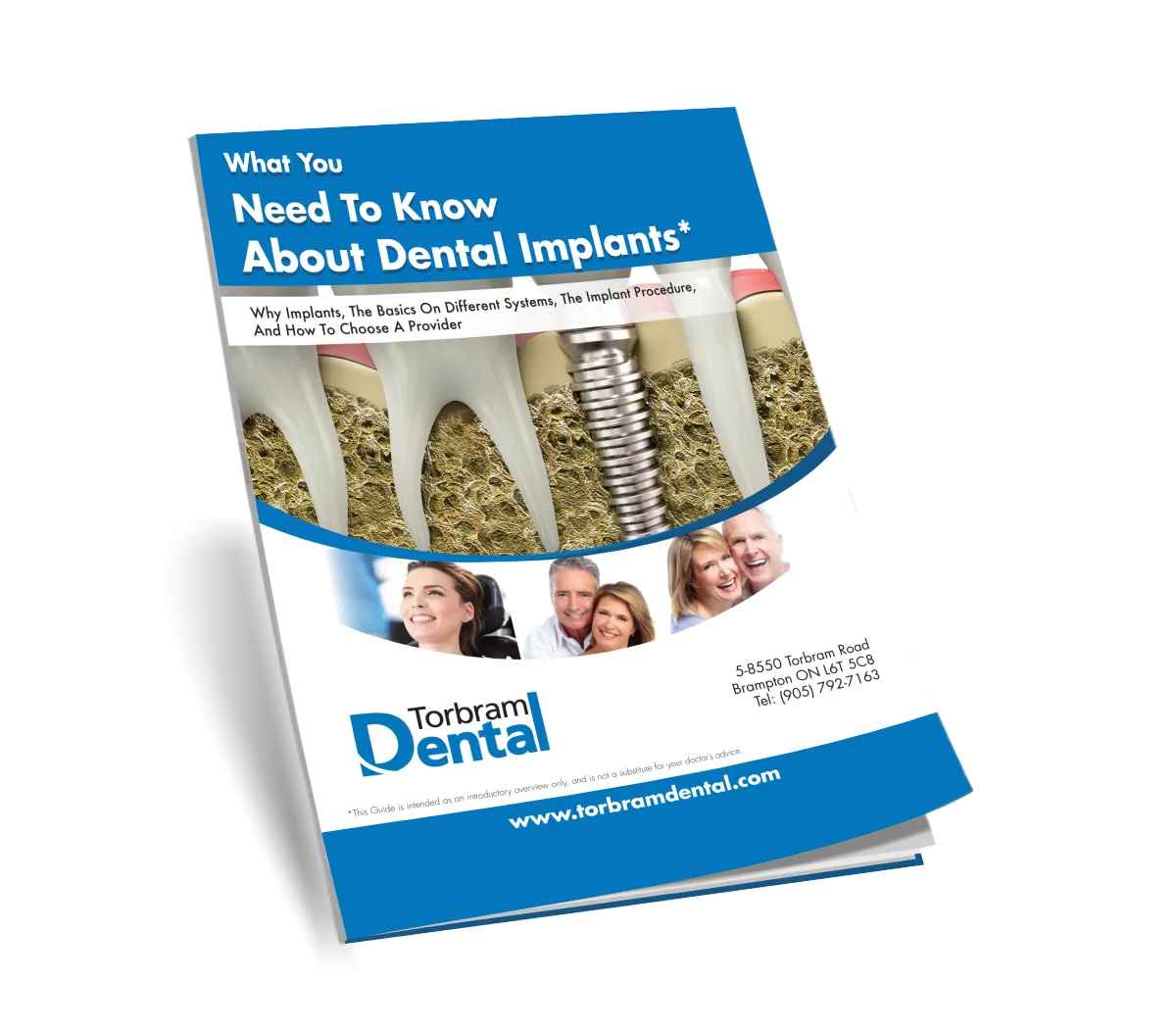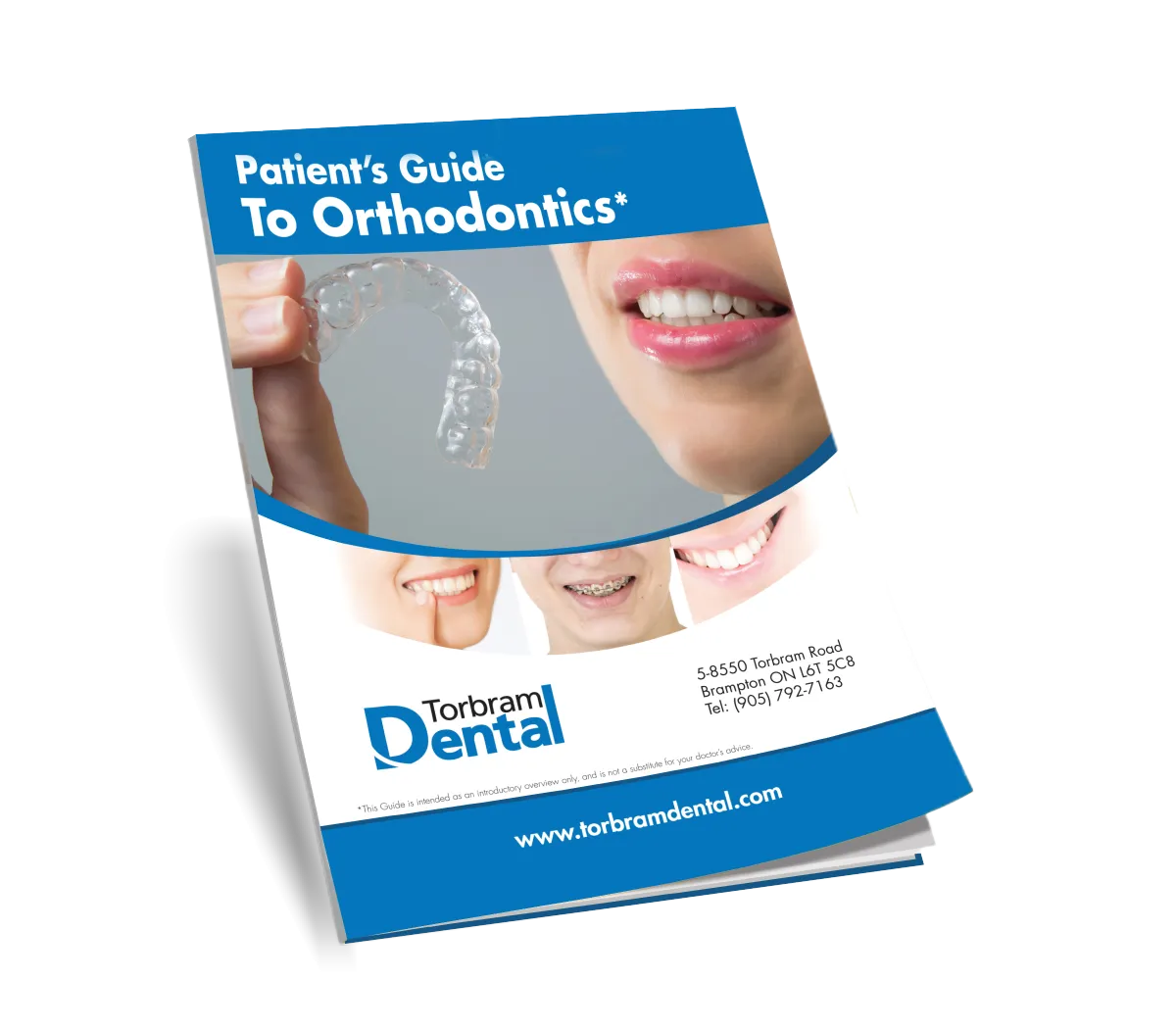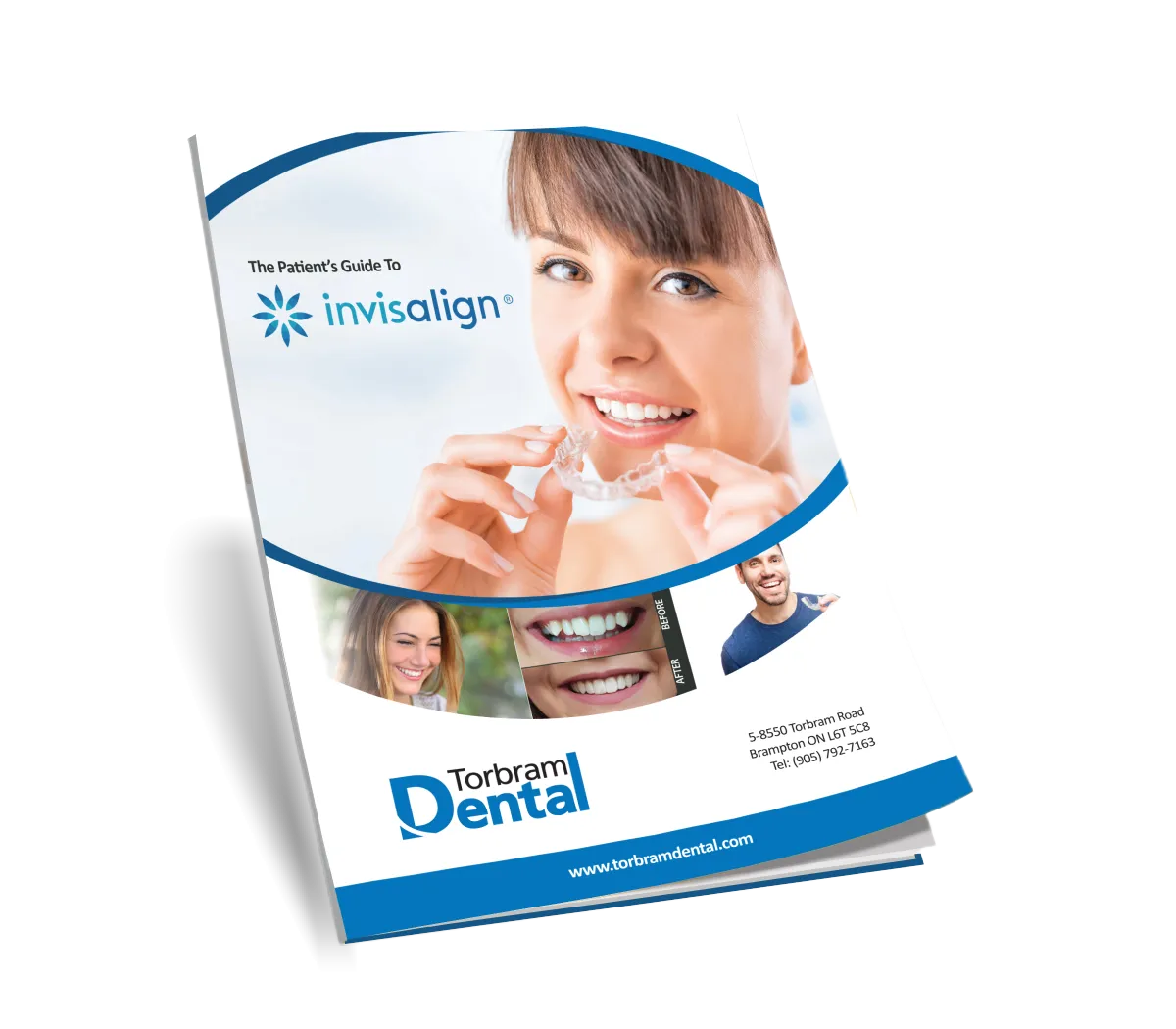
When you’re missing one or more teeth in a row, your dentist might recommend filling the gap with a dental bridge. By placing a dental crown over the two teeth at the end of the space in your smile, or over dental implants, the gap can literally be bridged with a sturdy, long-lasting solution. However, as much as we’d like to believe that this restoration will last forever, that’s unfortunately not likely. Keep reading to learn how to prevent three common causes of dental bridge failure.
1. Poor Oral Hygiene
The most common reason why bridges fail is not being diligent about oral hygiene. Bacteria can crawl under the crowns on your abutment teeth, which are the teeth that support the bridge. From there, those teeth may develop cavities that weaken the teeth to the point where they can no longer support the bridge. An infection could also develop in the gum tissue underneath your bridge.
Fortunately, caring for your bridge is fairly straightforward. Brush your teeth twice a day as you normally would, and floss under your bridge. You may need to invest in a water flosser to effectively clean out the area.
2. Lack of Regular Dental Checkups
Even with daily brushing and flossing at home, there are still some parts of your mouth where plaque can build up. After a day or so, it hardens into tartar, which can only be cleared away by a dental professional. Tartar is full of bacteria that can cause infections.
Your dental hygienist can remove plaque and tartar at your regular cleanings, extending the lifespan of your bridge. The dentist can also examine your bridge to determine whether it needs to be repaired or replaced.
3. Bad Habits
Certain oral habits are more likely to make dental bridges in Brampton fail, including:
- Biting hard objects like fingernails and pen tips
- Chewing excessively sticky or crunchy foods like nuts and gummi candy
- Eating ice cubes
- Grinding your teeth or clenching your jaw while sleeping
To treat nighttime clenching and grinding, your dentist can prescribe a custom-fit nightguard to provide cushioning between your top and bottom teeth and prevent damage to your bridge and remaining teeth. As for the other habits, you’ll have to work on quitting them if you want your bridge to last. Chewing on particularly crunchy or sticky objects can chip, crack, loosen, or even dislodge your bridge entirely.
Generally, maintaining your bridge is easy if you give it the same care you give your natural teeth. With the right care, your bridge may last up to 15 years before it must be replaced.
About the Author
Dr. Vince Fava obtained his Doctor of Dental Surgery degree in 1995 from the University of Toronto, and has been in private practice at Torbram Dental in Brampton, ON for a number of years. He maintains active memberships in the Ontario Dental Association, the Canadian Dental Association, and the Royal College of Dental Surgeons of Ontario. He enjoys making his patients feel comfortable and cared for. To learn more about how to prevent dental bridge failure, contact Dr. Fava’s office at 905-792-7163.
Recent Comments
Simrit Bio
Simrit has been working at Torbram Dental since 2001. She started her career with Assisting/Treatment co-ordinating and then moved on to becoming the Hygiene Co Ordinator in 2005. In 2012 she took on a new role as the Marketing Director. Though she loved being the Marketing Director, in 2015 she became the Office Manager of Torbram Dental. She completed her Level 1 Dental Assisting program with Career Canada in 1996 and then went on to complete her Level II Dental Assisting Diploma with Southwestern Medix in 1999. That is when she received NDAEB Certification. Simrit has been and still is an active member of the Ontario Dental Assistants Association since 2000. She enjoys hiking and traveling with her husband and two kids and loves to explore new restaurants, especially high-tea venues.
This will close in 0 seconds
Jessica Bio
Jessica, one of our receptionists, is one of the smiling faces you see when you arrive at the office. She graduated with honours from Medix College with a diploma as a Level 2 Dental Assistant. When she is not happily helping our patients, Jessica enjoys spending quality time with her friends and family, going to church on Sunday mornings, gardening and going on hikes.
This will close in 0 seconds
Naudia Bio
Naudia has been working at Torbram Dental for many years and is a valued member of our administrative team: as a dental receptionist and in our marketing team . She graduated from Everest College with honours level 1 and 2, with a diploma in Dental Assisting. Naudia is always there for our patients, making sure that they receive the care and attention they deserve. When not at the office, she enjoys spending time with family and friends, cooking and indulging in civil court TV shows.
This will close in 0 seconds
Ramandeep Bio
Ramandeep has been a part of Torbram Dental for the past 10 years as certified dental assistant. She obtained her level 1 certification from Everest college in Brampton in 2013, and then her level 2 certification in 2014 from Medix college. Her career path through the clinic has been recognized by staff at all levels who admire her work ethic and dedication to million dollar smiles. In her spare time, Ramandeep enjoys cooking and gardening, and spending time with her husband and 2 kids.
This will close in 0 seconds
Sana Bio
Sana is a valued member of our dental hygiene team. In 2008 she completed her education at George Brown in Dental Assisting and in 2016 she earned her diploma in Dental Hygiene from the Canadian Academy of Dental Health and Sciences. Sana has been working in dentistry since 2008 and enjoys taking care of our patients and helping them with their oral health. She is married and is busy with her 2 young children. In her spare time, Sana enjoys going out with the family, trying out new places to eat and is looking forward to travelling with them in the future.
This will close in 0 seconds
Sanaria Bio
Sanaria has been working at Torbram Dental for many years as a valued member of our Dental Assisting Team. She completed her level 2 dental assisting certification and previously obtained a degree in Education and worked as a quality control officer in the pharmaceutical industry. When not at work Sanaria loves to bake and cook. She also loves story time and enjoying the outdoors with her children. She always sees the positive side of life, believes that nothing is impossible and that if you set a goal and work at it, that you will make your dreams come true.
This will close in 0 seconds
Carrie Bio
Carrie has been working at Torbram Dental since 2001. She graduated from George Brown College in 1998 with a Dental Assistant Diploma and continued to further her education by completing a Dental Hygiene Diploma in 2001 at Durham College. Carrie is a highly trained and experienced Registered Dental Hygienist who continues to learn and grow by updating her knowledge to provide her clients with the best Oral Health Care techniques and information. Carrie is passionate about Dentistry and is known for her gentle and compassionate manner. She feels strongly about building lasting relationships and trust with her clients to help them understand that good Oral Health leads to good Overall Health. Carrie enjoys travelling, dabbling in decorating and a good Netflix series in her time off. Carrie resides in Halton Hills with her husband and two children.
This will close in 0 seconds
Daniela Bio
Daniela's interest in Dentistry began in Gr.6 when she wrote a speech entitled "My Life as a Toothbrush".
A Registered Dental Hygienist with 22 years of clinical experience, Daniela still has a great passion for her career. The most rewarding aspect for her is building lasting relationships with her patients, and seeing them through to a healthier smile.
Her thorough yet gentle touch will ensure a comfortable visit every time.
Daniela is a total Foodie and loves to cook and enjoys all types of cuisines. She loves Florida, Cruises, organizing things, and most of all spending time with family and friends.
This will close in 0 seconds
Stephanie Bio
Stephanie Enjoys getting to know all new patients at Torbram Dental and catching up with long standing Patients. Stephanie enjoys spending quality time with her family. One of her favorite things to do with her daughter is teach and play the piano. Stephanie likes going on walks with her husband and enjoys spending as much time with him as he is an Active Member of the Canadian Army. On Sundays, Stephanie enjoys going to Church and looks forward to Sunday Dinner with her entire family. Stephanie's Favorite thing to do to start her day right is head to her local Starbucks and Grab her favorite drink, an iced black tea with light lemonade on warm days and a blonde vanilla latte on those cold winter days.
This will close in 0 seconds
Aalisha Bio
As a dedicated Dental Hygienist at Torbram Dental, Aalisha brings recent knowledge and experience to ensure the best oral health for our patients. She holds a Diploma in Dental Hygiene from the Toronto College of Dental Hygiene and Auxiliaries and has further enriched her education with a Bachelor of Science from the University of Waterloo. Beyond her professional qualifications, Aalisha has a zest for life that extends beyond the dental chair. She cherishes quality time with family and friends, thrives on outdoor adventures, and has a passion for hiking and water-based activities, especially during the sunny summer days. She is an avid traveler, exploring tropical paradises and historic destinations while immersing herself in diverse cultures and indulging in delicious culinary experiences."
This will close in 0 seconds
Supreet Bio
Supreet was born and raised in Punjab, India and came to Canada in 2016. She graduated from Sheridan College as an Environmental Lab Technician but later decided to change her career to dentistry. She completed her Level I and II Intra-Oral Dental Assisting course from George Brown College and graduated in 2023. In July 2023, Supreet joined the team at Torbram Dental where she enjoys working. In her free time, she loves to read books.
This will close in 0 seconds
Childs Oral Health


Enter your information below.
We will email your copy right away.
This will close in 0 seconds
Cosmetic Dentistry


Enter your information below.
We will email your copy right away.
This will close in 0 seconds
Implant Dentistry


Enter your information below.
We will email your copy right away.
This will close in 0 seconds
Orthodontic Dentistry


Enter your information below.
We will email your copy right away.
This will close in 0 seconds
Invisalign


Enter your information below.
We will email your copy right away.
This will close in 0 seconds
Anxiety Free Dentistry


Enter your information below.
We will email your copy right away.
This will close in 0 seconds
Wedding Day Smile


Enter your information below.
We will email your copy right away.
This will close in 0 seconds
